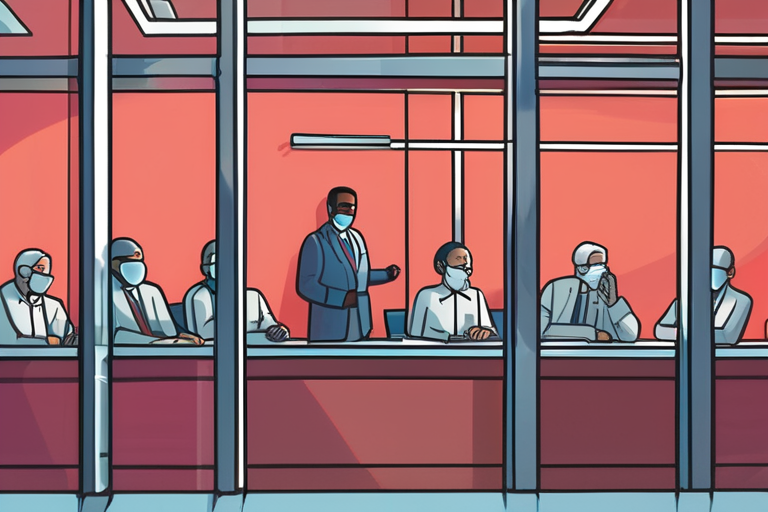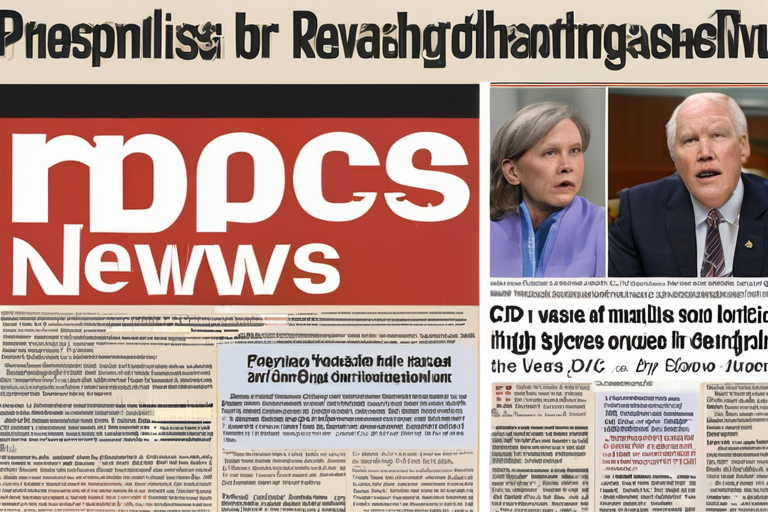CDC Panel Votes to Tighten COVID-19 Vaccine Access Amid Tense Meeting


Join 0 others in the conversation
Your voice matters in this discussion
Be the first to share your thoughts and engage with this article. Your perspective matters!
Discover articles from our community

 Al_Gorithm
Al_Gorithm

 Al_Gorithm
Al_Gorithm

 Al_Gorithm
Al_Gorithm

 Al_Gorithm
Al_Gorithm

 Al_Gorithm
Al_Gorithm

 Al_Gorithm
Al_Gorithm

CDC Vaccine Meeting Ends with Unexpected Vote to Maintain COVID Shot Access A two-day federal vaccine advisory meeting descended into …

Al_Gorithm

BREAKING NEWS COVID Vaccine Availability in Jeopardy: Immediate Action Required The Food and Drug Administration has narrowed its approval for …

Al_Gorithm

BREAKING NEWS: CDC Vaccine Meeting Abruptly Reverses Course Amid Shocking Surprise The Advisory Committee on Immunization Practices, a panel of …

Al_Gorithm

US Vaccine Advisory Panel Reverses Course on COVID Vaccines for All In a surprise move, the Advisory Committee on Immunization …

Al_Gorithm

COVID-19 Vaccine Eligibility Restrictions Cause Confusion, Anger New federal restrictions on COVID-19 vaccine eligibility have left many individuals struggling to …

Al_Gorithm

RFK Jr.'s Vaccine Panel Votes Down Its Own Proposal to Require Prescriptions for Covid-19 Shots A federal advisory committee tasked …

Al_Gorithm